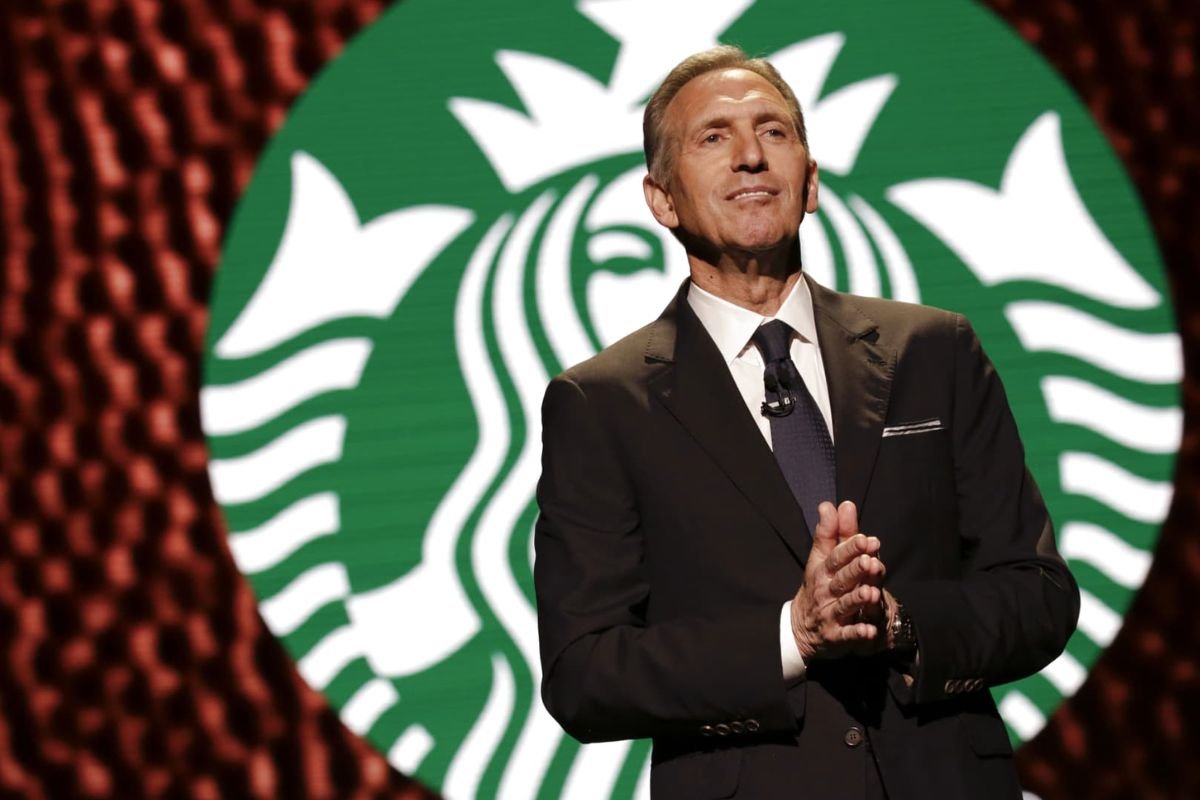(source-cnbc.com_.jpg)
In yet another shakeup at Starbucks, CEO Laxman Narasimhan is stepping down after just one year in the role, the company announced on Tuesday. In his place, the coffee giant has appointed Brian Niccol, the current CEO of Chipotle, to take over as chairman and CEO effective September 9. This marks the fourth Starbucks CEO Shuffle in just two years, underscoring the ongoing struggles the company faces with declining sales and a shifting business model.
New Leadership Amidst Ongoing Challenges
Brian Niccol, known for his successful turnaround of Chipotle, is stepping into a role fraught with challenges. Since taking the helm at Chipotle in 2018, Niccol has driven significant growth, with the company’s revenue increasing nearly 800% during his tenure. Starbucks is hoping that his track record of innovation and growth can help steer the company back on course.
Mellody Hobson, Starbucks’ new lead independent director, expressed confidence in Niccol’s ability to lead the company through its current difficulties. “Brian is a culture carrier who brings a wealth of experience and a proven track record of driving innovation and growth,” Hobson stated. “Our board believes he will be a transformative leader for our company, our people, and everyone we serve around the world.”
The news of Niccol’s appointment sent Starbucks’ stock soaring nearly 19% at the opening, marking the company’s biggest one-day percentage gain since it went public in 1992. However, the announcement also led to a 9% dip in Chipotle’s stock, reflecting investor uncertainty about the future of both companies under new leadership.
The Road Ahead for Starbucks CEO Shuffle and Niccol
Niccol’s appointment comes at a time when Starbucks is grappling with significant challenges. Under Narasimhan’s leadership, the company saw a 3% decline in global sales at stores open for at least a year, including a 2% drop in its key North American market. This downturn reflects broader consumer fatigue with rising prices across the food industry, as well as specific issues within Starbucks’ own business model. Once a predominantly sit-down coffee shop, Starbucks CEO Shuffle has shifted towards a focus on drive-thru and mobile takeout, a transition that has not been without its difficulties.
Narasimhan’s tenure was marked by these struggles, and his departure coincides with ongoing negotiations with activist investor Elliott Investment Management. Additionally, Starbucks has faced increasing competition from low-cost rivals like Luckin Coffee in China, its second-largest market. The company has also lost market share to smaller, independent coffee shops in the U.S., a trend that Narasimhan was unable to reverse.
Niccol, with his extensive background in the fast food industry, is seen as well-equipped to address these challenges. Prior to his success at Chipotle, he served as CEO of Taco Bell, where he was credited with driving significant growth through menu innovation and marketing. His experience in revitalizing brands could prove crucial as Starbucks seeks to regain its footing in a competitive market.
However, Niccol’s task will not be easy. Starbucks faces a “cocktail of challenges,” according to Neil Saunders, managing director at GlobalData Retail. These include rising costs, labor issues, operational inefficiencies, and growing customer dissatisfaction. Niccol’s ability to navigate these challenges will be key to the company’s future success.
The sudden Starbucks CEO shuffle also follows reported tensions with former CEO Howard Schultz, who has been vocal in his criticism of Narasimhan’s leadership. In a viral LinkedIn letter earlier this year, Schultz blamed the company’s U.S. operations for its “fall from grace,” a sentiment that likely contributed to the decision to bring in new leadership.
As Niccol prepares to take the reins at Starbucks, he faces the daunting task of reversing the company’s fortunes and restoring its position as a leader in the global coffee industry. With his proven track record, there is cautious optimism that he might be the transformative leader Starbucks needs.
Also Read: The Enterprise world






